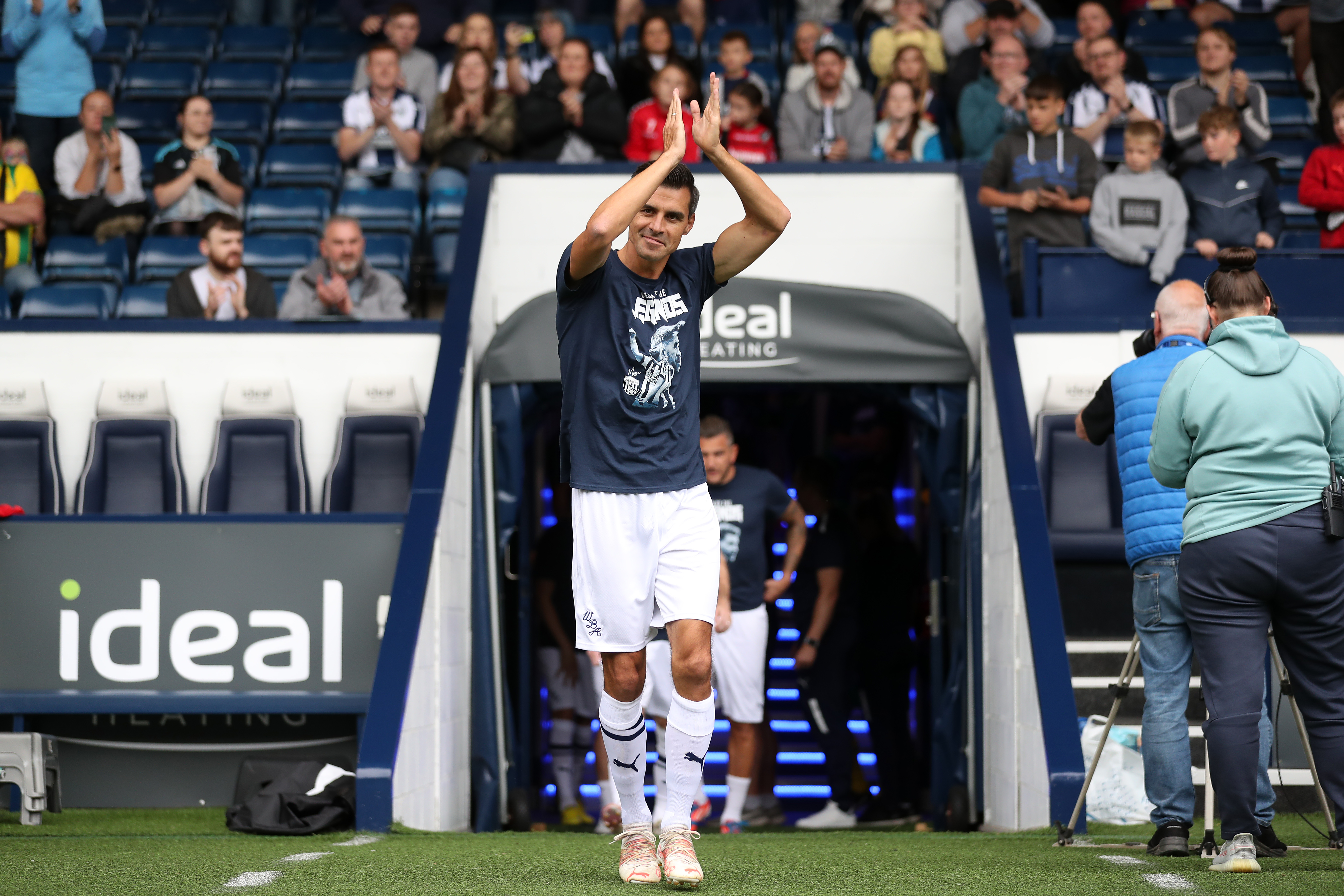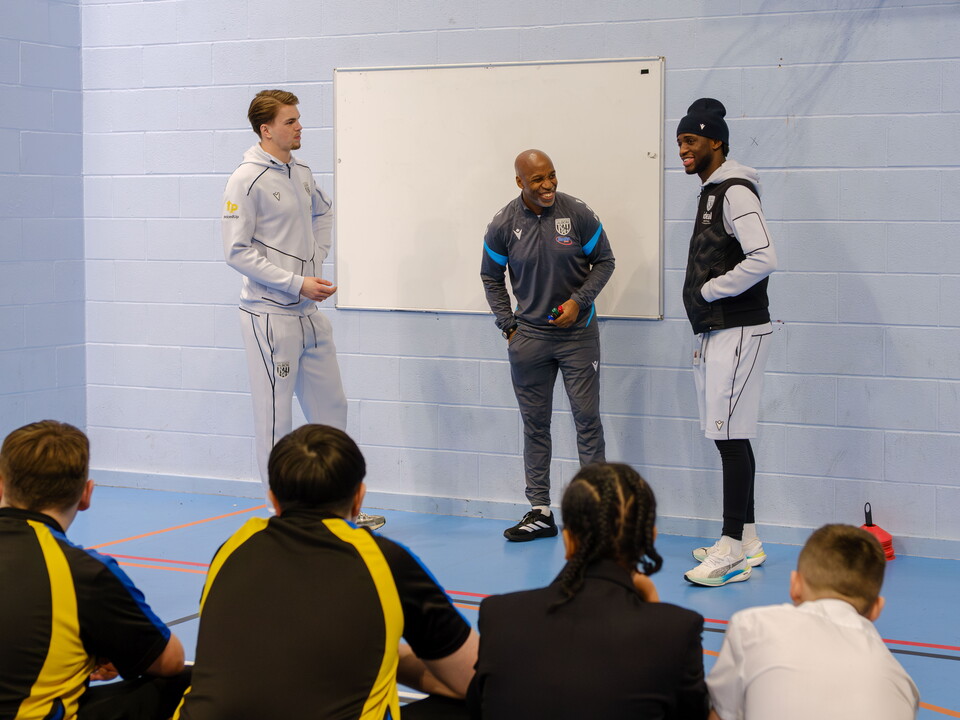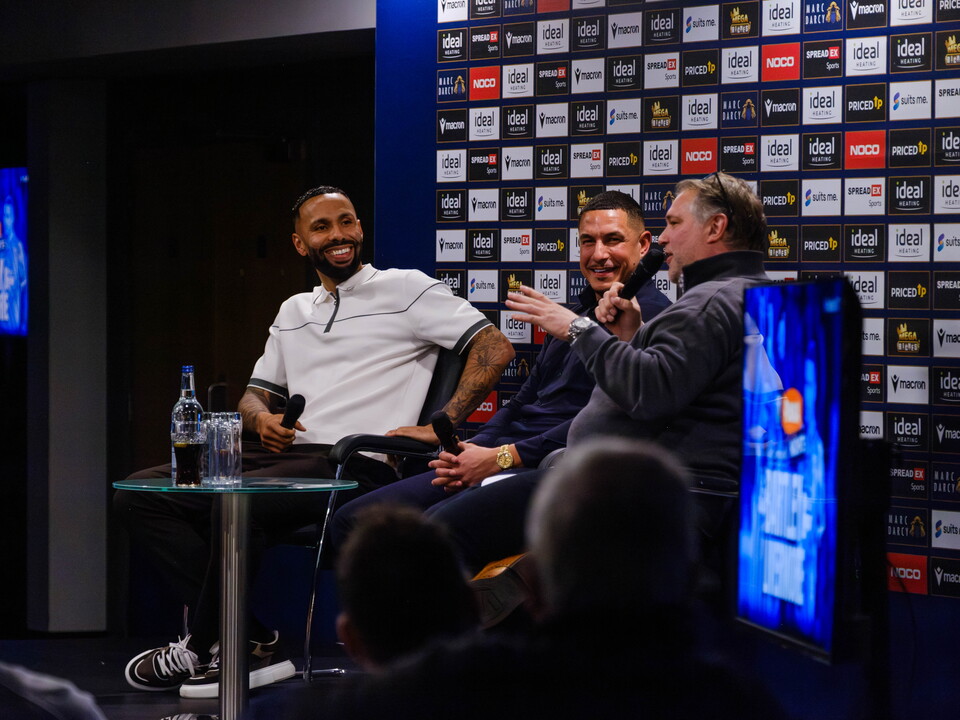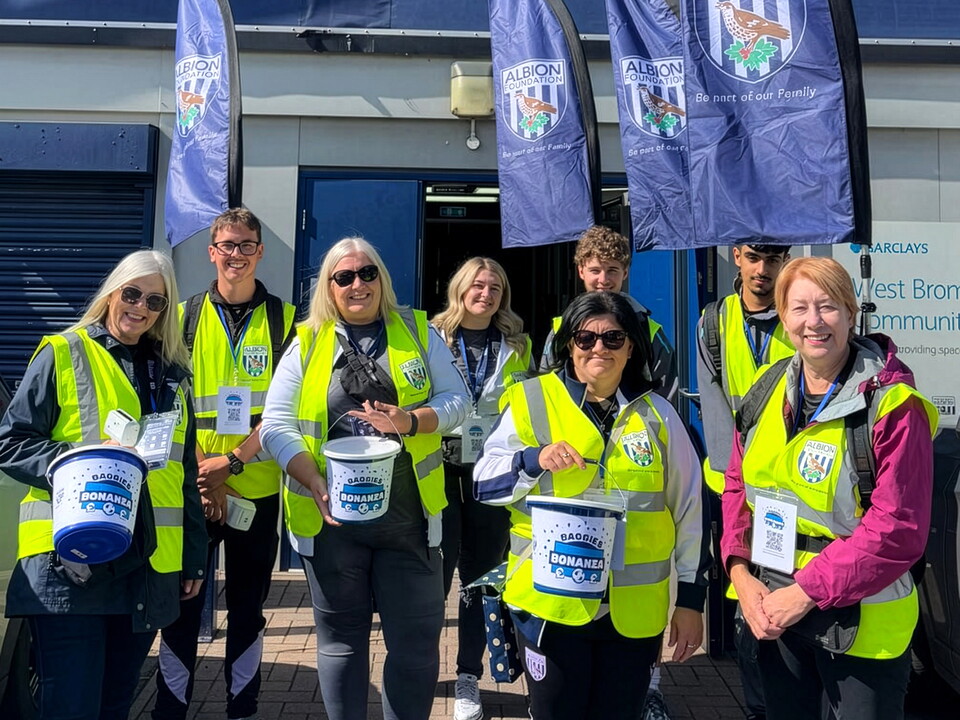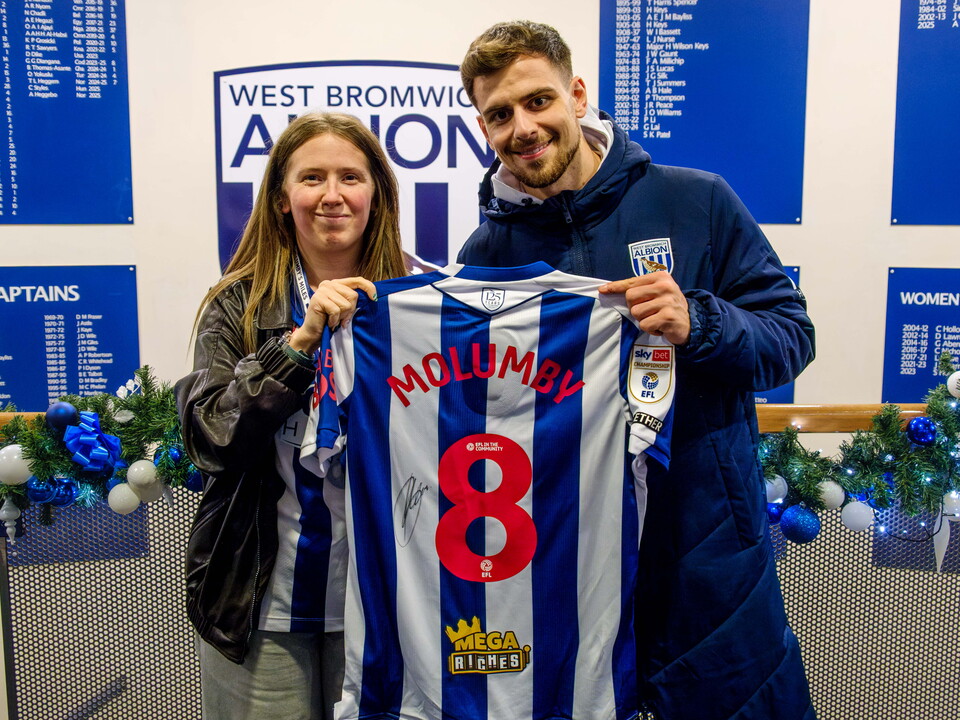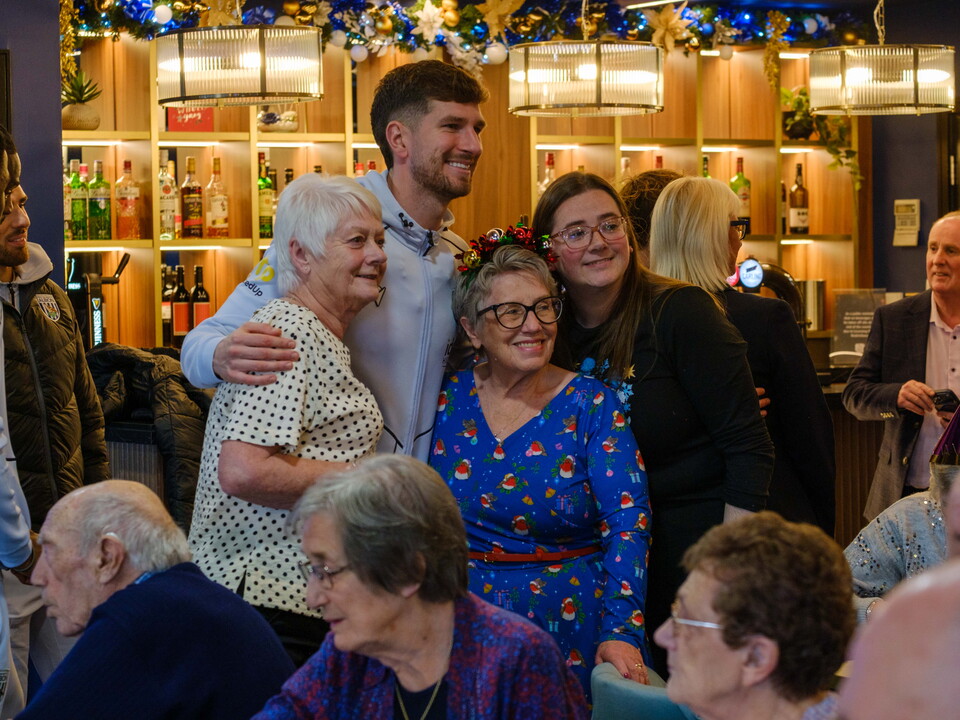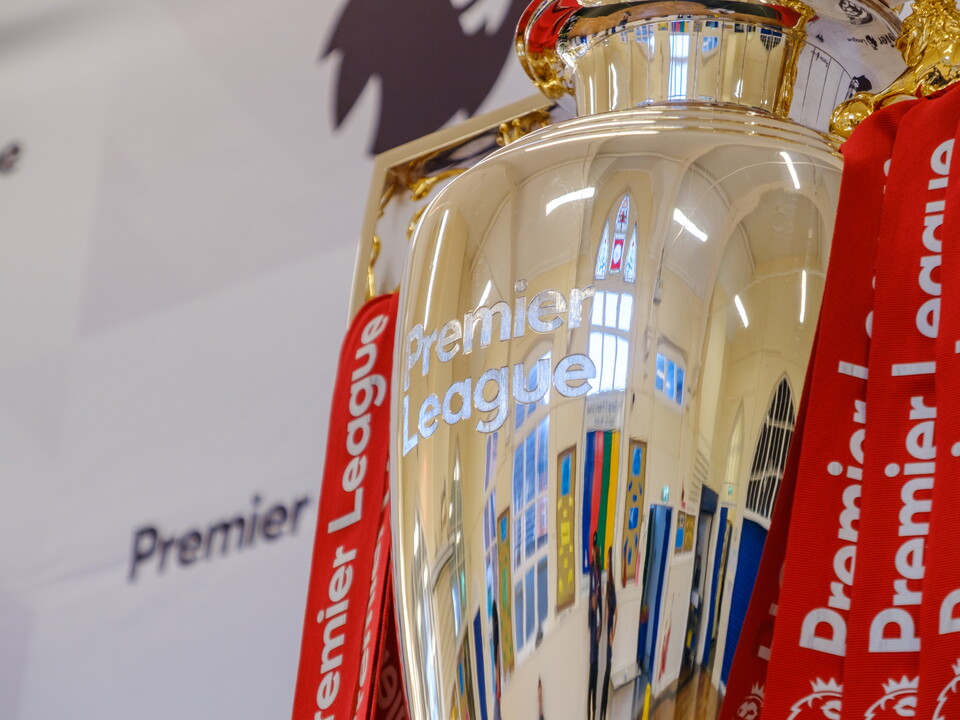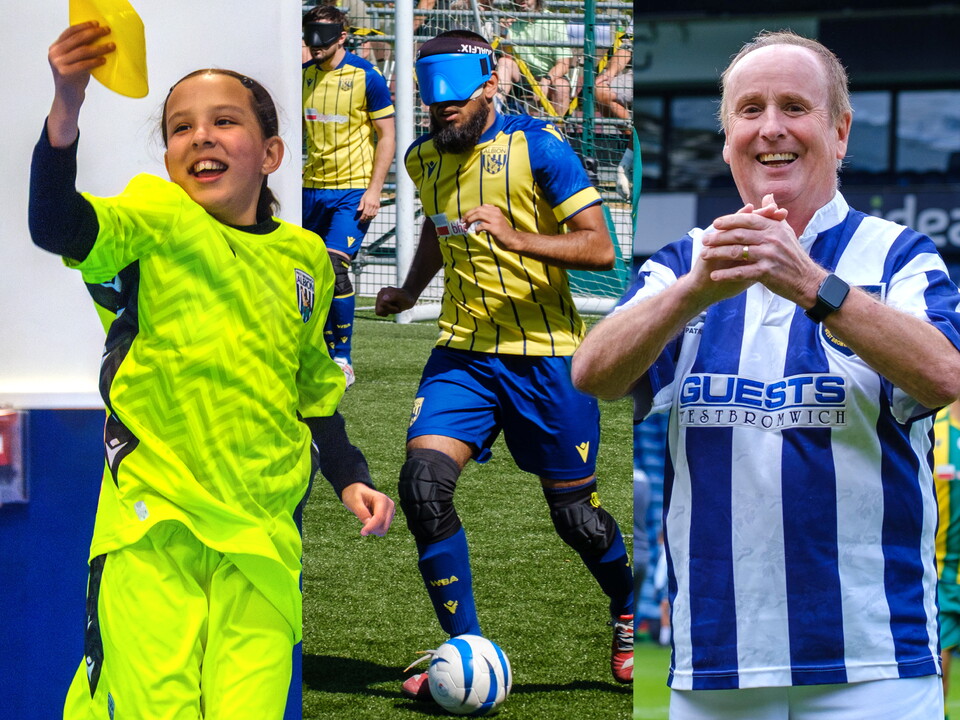As Paul Scharner steps into the Richardson Suite, almost 14 years after his arrival at The Hawthorns, there is no doubt that the connection he forged with West Bromwich Albion supporters remains.
Not many players could have formed such a relationship with a fanbase within two years, but upon Scharner’s arrival at The Albion Foundation’s latest ‘Evening With’, the Austrian is greeted with rapturous applause. “I must always say thank you to the fans,” Scharner responds, as he settles into his seat overlooking the masses. “It was the most important thing; I want to have a great connection with the supporters. Football without players is nothing, but football, and we can see it during the COVID-19 pandemic, football without supporters is nothing.
“You as a player, you can do certain things. As a player I liked to show up at the stand and say thank you, to clap the fans to create a connection. It didn’t take long, because I felt it was the right decision that I made and I was satisfied to help the Albion stay up, that’s why I signed.”
His signing, in his mind, was simple, if not outwardly unorthodox. Scharner posted a pre-season of his own while mulling over his next club, having decided to depart Wigan in the summer of 2010. Still, on August 30, he chose the Baggies after perusing over the club’s rich historic tapestry.
“It wasn’t a move that was on my radar in the first place,” Scharner admits. “I was a free agent at the time. Roberto Di Matteo and Dan Ashworth really tried to sign me, I was quite old then, I was 32. It was during pre-season, and I needed preparation to play, that’s why I signed quite late, but I was always ready for a new challenge. My agent constantly spoke to Roberto and Dan, after a while I had to talk to myself about the move and I was then very excited about signing for the Albion.
“The main thing was, I always do my research when I sign for the club, because I’m very interested in its history and the way a club has been. I thought about looking at how many players played for the Albion, had they won the FA Cup? I wanted the same energy to be in my time here, I am very passionate player with many emotions and many feelings.”
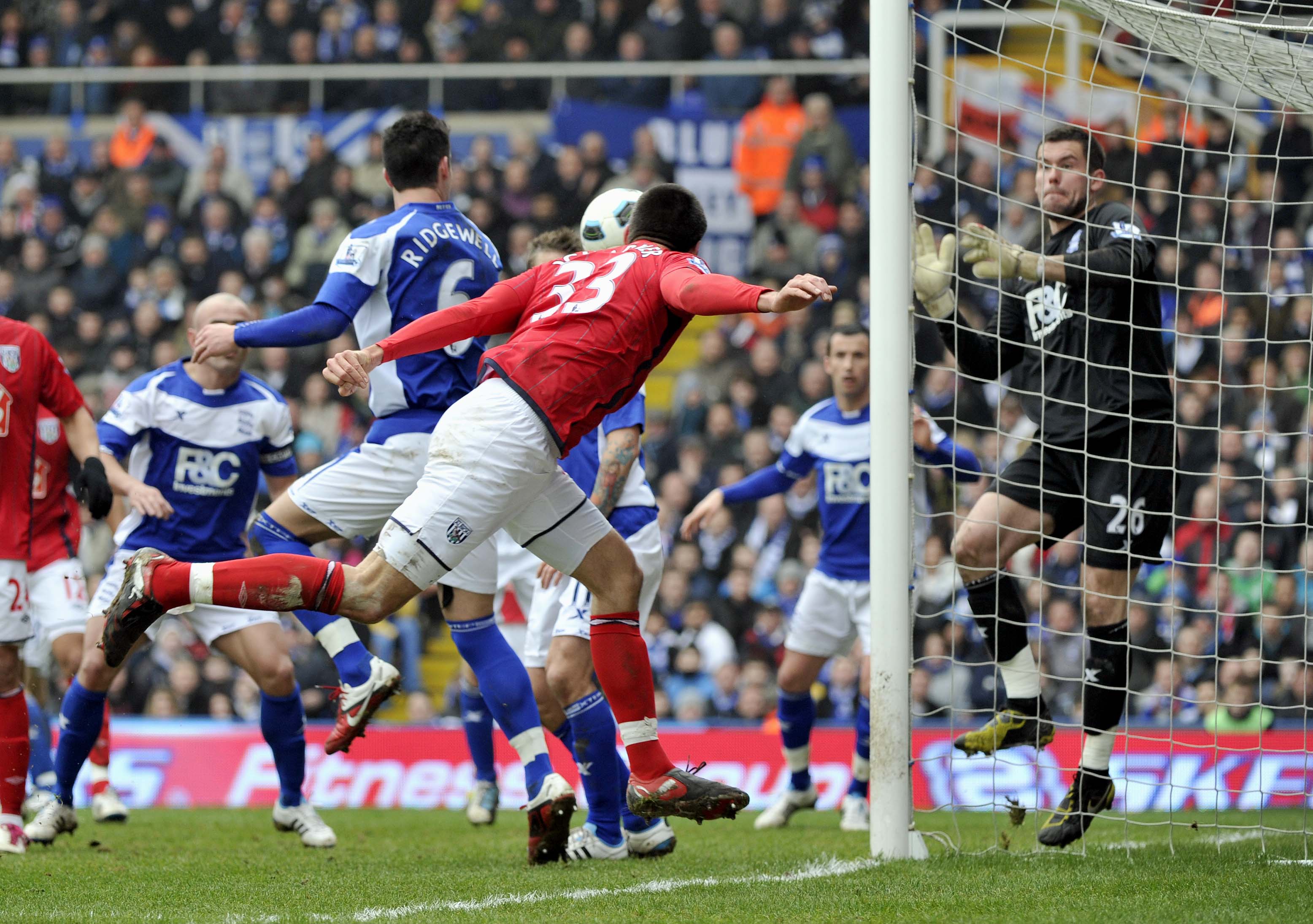
The Austrian concedes that it was a tough dressing room to enter, with the Baggies newly promoted to the Premier League under Di Matteo, there was work to do for Scharner to slot into the team’s social groups – particularly when his ambitions were so lofty.
“It’s always interesting to come in later in the season, coming in as a player who was going to make an impact, it’s always a strange situation for players already there. Those players got us promoted but I fitted in really well.
“I had a good debut against Tottenham Hotspur, we drew 1-1. The beginning of the season was outstanding, until the game against Blackpool away, from there on we missed our focus to keep on going. It looked like were going to survive with ease early in the season, but we tailed off, and it was my responsibility to say something as an experience to make sure we didn’t lose our form later in the season.
“When I first did a talk before Christmas, I didn’t make many friends in the dressing room by doing that. The main challenge in the Premier League was being brave, and that’s why we needed extra experience to help the young guys, as we didn’t have an established Premier League side.”

Scharner being as eccentric as he is passionate, would come to write his name in a fresh chapter of Baggies history, with his side in battle against rivals Aston Villa at Villa Park and the score locked at 1-1.
“I wore the t-shirt at the Wolves game under my shirt, but I didn’t score so I wore it at the Villa game at Villa Park,” Scharner begins. “We lost Shane [Long] through injury, he went off in that game, Jonas [Olsson] equalised after we went 1-0 down, I wasn’t satisfied with a draw, we could never be satisfied with a draw. Roy [Hodgson] always said we’d take a point in many of the games, and I’d always say ‘come on Roy, we don’t want to draw every game’.
“It was a corner from [Chris] Brunty, the ball dropped to me, it was instinct, I didn’t do a lot of movement, but it dropped on my body, and I used my wooden leg to blast it in the net. The celebration finally came true, I got a yellow card for my troubles, then I was suspended for the next game – Roy was quite unhappy after that.
“It's always great, because you don’t start playing football to defend goals, you play football because you want to score goals. That’s the challenge of playing football, and it was always a pleasure for me to score goals because part of my personality is wanting to be on the scoresheet. I’m always satisfied when I look back at my goals for being a defender.
“You don’t get too many chances to score, and you know when you score against somebody, it doesn’t count for as much as a derby. Me, I loved the derbies, I loved the big games, these are the rival games, these are the games we remember when we’ve done it.”
